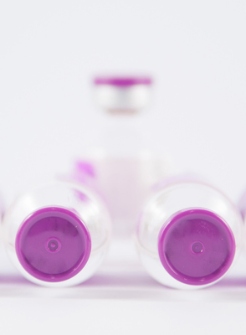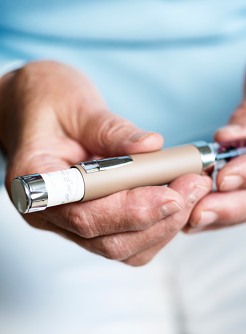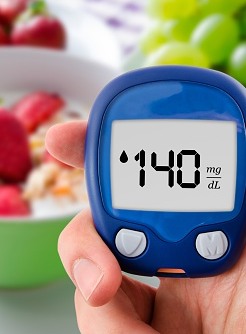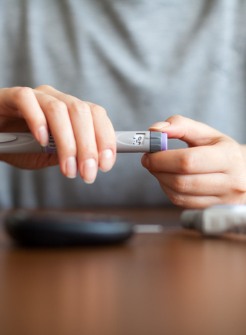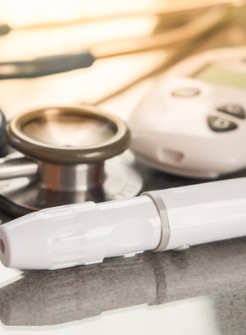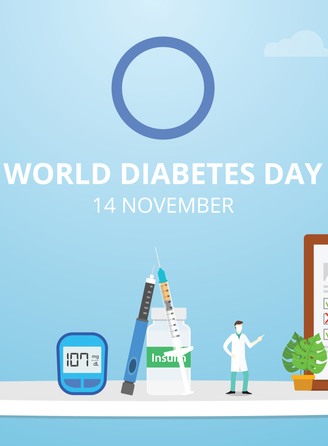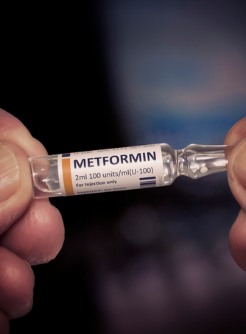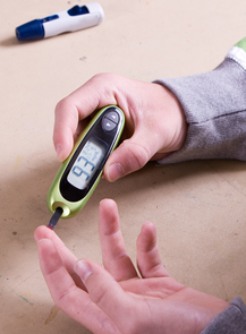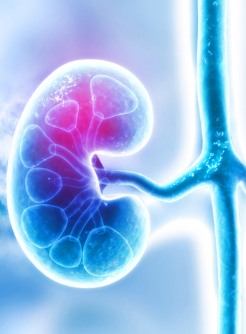Finerenone Delays Diabetic Kidney Disease Progression
By Brenda L. Mooney, /alert Contributor
July 31, 2020
An estimated 29 million Americans have type 2 diabetes, and about 40% of patients with T2D are predicted to develop chronic kidney disease.
Current treatment involves the use of a sodium-glucose cotransporter-2 (SGLT2) inhibitor added to a renin – angiotensin system (RAS) blocker, which slows chronic kidney disease progression, but the rate of end-stage renal disease remains unacceptably high.
A promising option is mineralocorticoid receptor antagonists (MRAs), which have exhibited renoprotective effects in preclinical studies, according to a review last year in the American Journal of Nephrology. Finerenone is an investigational, non-steroidal, selective MRA that has been shown to reduce the harmful effects of mineralocorticoid receptor (MR) overactivation, which can result in kidney and heart damage.
Now, Bayer, has announced that the phase 3 study FIDELIO-DKD, Finerenone in reducing Kidney Failure and Disease Progression in Diabetic Kidney Disease trial, has met its primary endpoint, demonstrating risk reduction in renal and cardiovascular events in patients with chronic kidney disease and type 2 diabetes. The trial sought to evaluate finerenone for efficacy and safety vs. placebo when added to standard of care for CKD in patients with T2D.
Results showed a delay in progression of CKD, with finerenone reducing the combined risk of time to first occurrence of kidney failure. Also documented were a sustained decrease of estimated glomerular filtration rate (eGFR) greater than or equal to 40% from baseline over a period of at least four weeks and a lower risk of renal death.
Reduction also was noted in the risk of the key secondary endpoint -- defined as a composite of time to first occurrence of cardiovascular (CV) death, non-fatal myocardial infarction, non-fatal stroke, or heart failure hospitalization.
Bayer advised that clinical data from FIDELIO-DKD will be presented at an upcoming scientific meeting.
The largest phase 3 clinical trial program to date in CKD, the FIDELIO-DKD study enrolled 13,000 patients with disease severity ranging from early kidney damage to advanced kidney disease. The randomized, double-blind, placebo-controlled, parallel-group, multicenter, event-driven phase 3 study included approximately 5,700 patients from more than 1,000 sites across 48 countries.
For the trial, participants were randomized to receive either finerenone 10 mg or 20 mg orally once daily or placebo when added to standard of care, including blood glucose lowering therapies and maximum tolerated dose of renin–angiotensin system (RAS)-blocking therapy, such as angiotensin-converting enzyme (ACE) inhibitors or angiotensin II receptor blockers (ARBs).
A 2015 article in JAMA reported on a trial involving T2D patients with a clinical diagnosis of CKD (Mineralocorticoid-Receptor Antagonist Tolerability Study-Diabetic Nephropathy), in which finerenone compared to placebo showed only small mean changes in serum potassium and a low incidence of hyperkalemia. That led to a low number of discontinuations with no evidence of a dose–response relationship.
In that study, finerenone compared to placebo revealed a statistically significant reduction in urinary albumin-to-creatinine ratio (UACR) at doses starting from 7.5 mg on top of standard of care (including an ACEI or ARB) after 90 days of treatment.

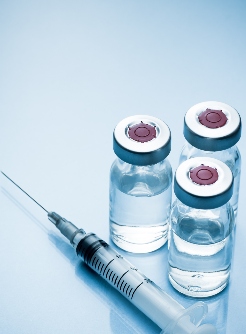

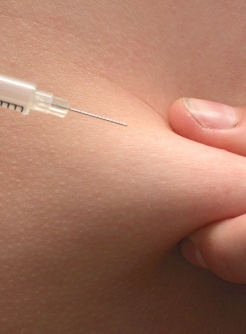

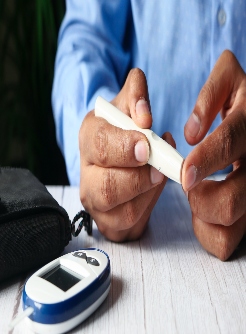
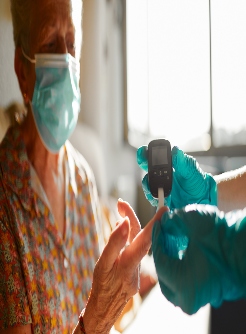




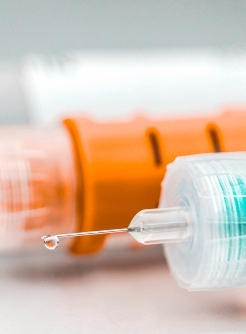
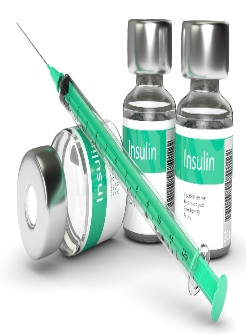

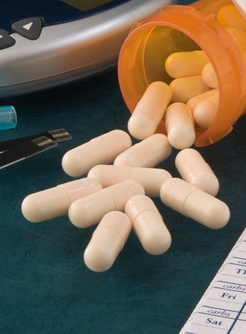
.jpg)


